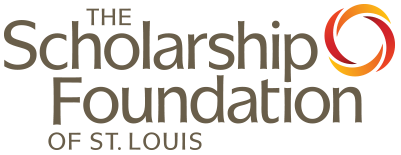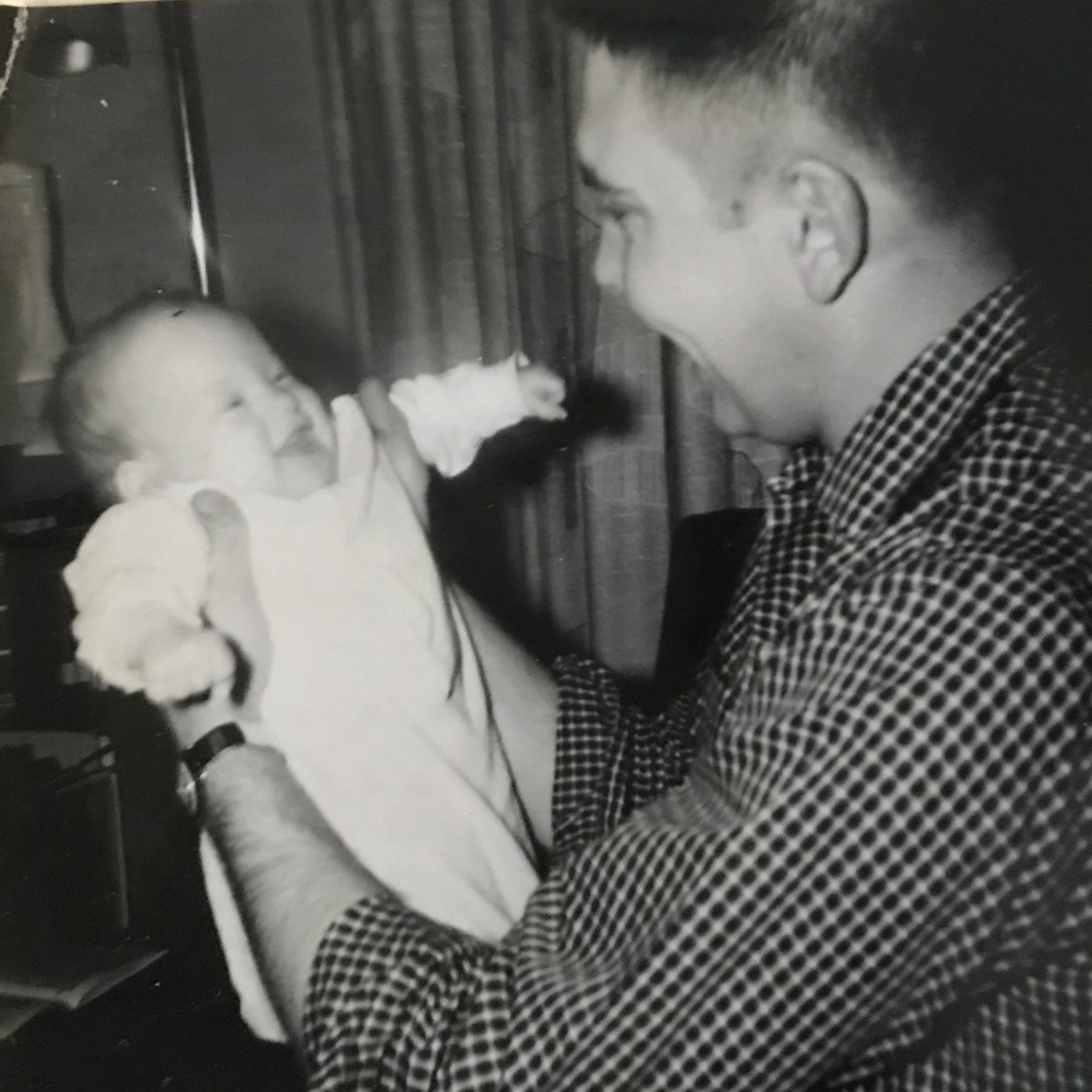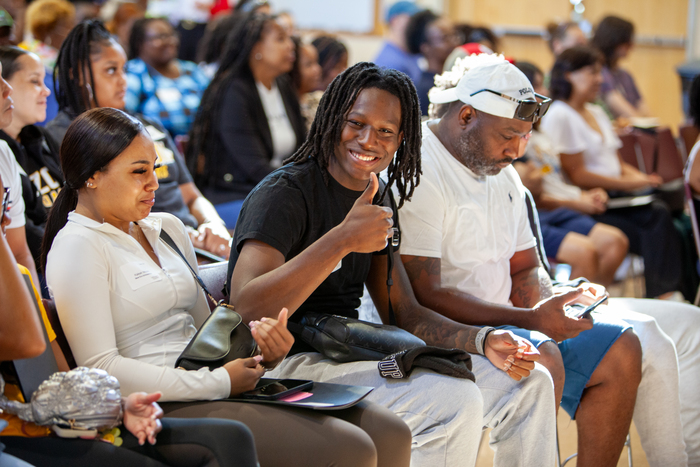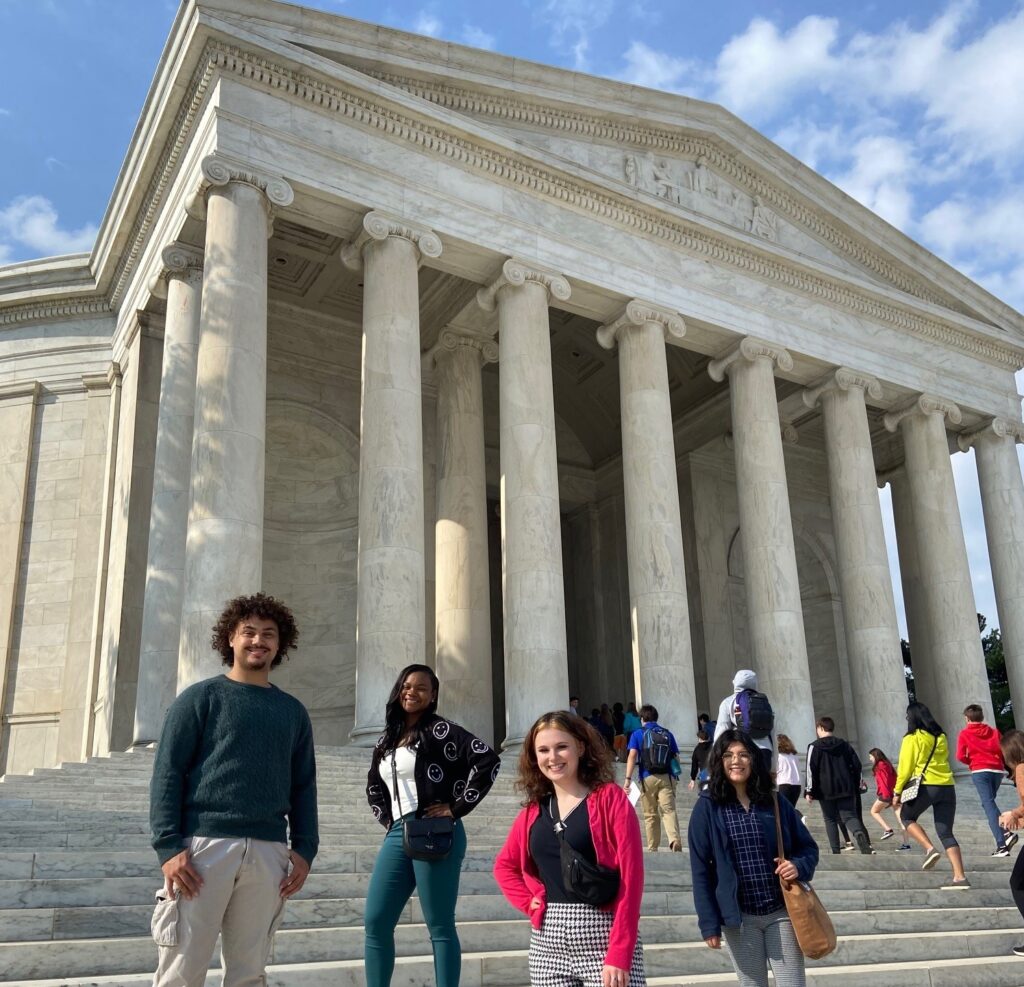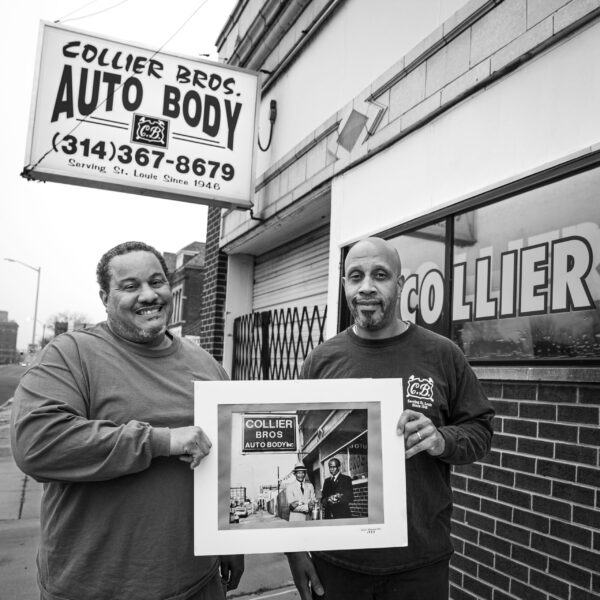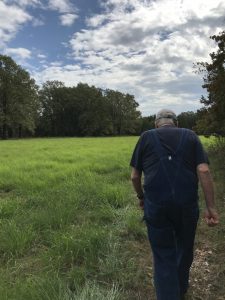 “Telling is not teaching. To learn is to appropriate something new to oneself, to find an answer to one’s question, to see a new relationship, learn a new skill, gain an appreciation, and change a behavior. Education, the school, the teacher – all are there to assist the learner. We constantly live the tension of enabling the student for long term processes of learning while helping with short term problems.
“Telling is not teaching. To learn is to appropriate something new to oneself, to find an answer to one’s question, to see a new relationship, learn a new skill, gain an appreciation, and change a behavior. Education, the school, the teacher – all are there to assist the learner. We constantly live the tension of enabling the student for long term processes of learning while helping with short term problems.
Children are sometimes viewed as cute, sweet, precious little nothings that we mold into responsible adults. I believe children are people now, with strengths, needs, motivations and distractions. I respect them, am straight with them, and assist them while I assume that they will do well. They will. They have learned more in their first five years than they will in any similar period for the rest of their lives, and all that happened without much help from educators. The educator’s task is to keep that powerful process moving. We must not get in the way.
There is no one best method of teaching. Educators must discard the unusable, tailor the approach to themselves and to those they assist in learning. The task is to set up the learning situation in an appropriate, safe environment, responsive to a variety of learning styles. A good educator tries all approaches and participates in all activities as a fellow learner.
It’s acceptable to make mistakes. The classroom is not a place to manufacture future workers for the economy. Learning happens best in an environment of strong, positive relationships, one of warmth and trust. I believe that the greatest motivators are praise, success, a feeling of worth. The classroom that maximizes these builds for both present and future wholeness. A positive classroom environment reflects respect for differences and values variety. It has routines for security and variety for stimulation. There are natural and logical consequences for negative behaviors but they are known, consistent and directed toward helping the student to return to the positive and successful.
Education, at every level and with this philosophy, has been the most creative, disciplined, exciting, demanding, important, frustrating, and fulfilling field. Always, I am compelled to seek another year and another group of learners and another chance to assist.“
Richard William Sandler, 1990
My father wrote this statement of educational philosophy just a year after I began my work with The Scholarship Foundation of St. Louis. He died on October 22, 2019. His was an 82-year journey of learning and teaching.
As I read his words, I am reminded of all the ways we assist at The Scholarship Foundation of St. Louis. In each of these five short paragraphs, I see US – our history, our evolution, our future as learners and creators of community:
- We do not tell our students what to do, what to study, what to think. We teach them how to identify themselves and blaze their own trails. And with them we walk.
- We believe in our students and our collective power now, not in some future perfect state further down the path than the present.
- As an organization and as individuals, we too are learners.
- We know that community is so much more than economy, so we make room for all disciplines and pursuits and for second and third chances, reinforcing the strength in each step a student takes.
- After 100 years and counting, we celebrate the creativity, discipline, frustrations and fulfillment found at the intersection of education and democracy.
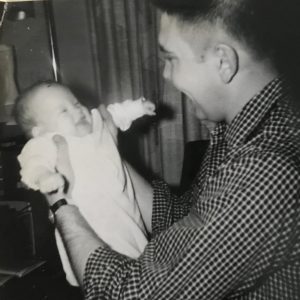 My father’s legs were always much longer than mine. As a child, I reminded him to slow down so that I could keep up. Later, he watched carefully what direction I headed and kept me company as I learned. In his final years, it was my honor to create learning adventures for the two of us at his pace, along the path he walked. And every day that I am working at The Scholarship Foundation of St. Louis, it is my honor to do the same with a vast community of students, families, staff, board, contributors, and partners. Onward!
My father’s legs were always much longer than mine. As a child, I reminded him to slow down so that I could keep up. Later, he watched carefully what direction I headed and kept me company as I learned. In his final years, it was my honor to create learning adventures for the two of us at his pace, along the path he walked. And every day that I am working at The Scholarship Foundation of St. Louis, it is my honor to do the same with a vast community of students, families, staff, board, contributors, and partners. Onward!
– Faith Sandler
